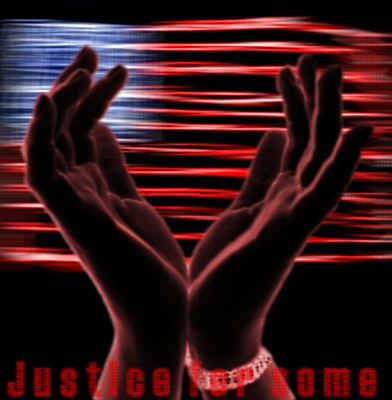All Nonfiction
- Bullying
- Books
- Academic
- Author Interviews
- Celebrity interviews
- College Articles
- College Essays
- Educator of the Year
- Heroes
- Interviews
- Memoir
- Personal Experience
- Sports
- Travel & Culture
All Opinions
- Bullying
- Current Events / Politics
- Discrimination
- Drugs / Alcohol / Smoking
- Entertainment / Celebrities
- Environment
- Love / Relationships
- Movies / Music / TV
- Pop Culture / Trends
- School / College
- Social Issues / Civics
- Spirituality / Religion
- Sports / Hobbies
All Hot Topics
- Bullying
- Community Service
- Environment
- Health
- Letters to the Editor
- Pride & Prejudice
- What Matters
- Back
Summer Guide
- Program Links
- Program Reviews
- Back
College Guide
- College Links
- College Reviews
- College Essays
- College Articles
- Back
When Worlds Collide MAG
I had never been asked if I was going to college. Instead, the question was always where was I going. I never understood the significance of this until the summer of 2013, when I learned that a 10-minute car ride is all it takes to enter a different world in my hometown.
On the first day of my internship with an inner city nonprofit, I walked into a stuffy gym brimming with children running, yelling, and jumping rope. The stifling summer humidity did not stop their antics as they begged me to join them, their eyes longing for attention. As I scanned the room and noticed that I was the only white girl in a sea of black faces, I had a taste of what it felt like to be a minority, out of place only a few miles from home. Each day, as I discovered how I fit into inner city Augusta, I became immersed in a foreign culture with a surprisingly different set of expectations.
When my boss showed me around the government housing projects, the complexities of her job seemed daunting. Yet I began to love the work as I met the families of the kids I had gotten to know from tutoring and mentoring over the past few years. A child’s aunt would open her door suspiciously as we invited her child to camp or a cookout, and I would see her hard glance soften as her child excitedly called my name and ran into my arms.
When I was told that I would be helping with a dance workshop one week, I flashed back to earlier in the summer when a group of girls tried to teach me to dance. Realizing their efforts were useless, Cameron, an eight-year-old, exclaimed, “Girl, you’re giving me gray hairs!” Creating relationships wasn’t about me being their savior or a perfect dancer; it only involved loving them as they were, letting them braid my hair until my scalp ached, or laughing together at my attempts to dance.
Every afternoon I returned to a comfortable home where nothing had changed except me. As I was trying to relate to the people I encountered downtown, I was also trying to explain this experience to my friends. I would return to a world where people’s responses varied from “Why would you do that if you’re barely getting paid?” to “What a good thing to do!” Honestly, both reactions frustrated me because neither group could grasp my motives. I wasn’t spending my summer in the inner city just to do a good deed, and it definitely wasn’t for the meager pay; I wanted to invest in lives. When my friends bragged about their cushy jobs working for their dad making $40 an hour filing papers while watching Netflix, I knew that they were making more money but achieving less.
The inner city students I interacted with knew, even at 16, that the odds were stacked against them. Nikeria and Mokila have aspirations to be lawyers, but their school has a 30 percent graduation rate. The school I attend has 100 percent college matriculation. These girls I befriended are working hard for their future despite their disadvantages.
Gathered around a dinner table joking and laughing with new downtown friends, I was asked if I was going to college. I was taken aback: of course I was. Wasn’t everyone? Then I realized not everyone went to college; not everyone even finished high school. As I saw life through their eyes, our two worlds collided in such a way that I could no longer compartmentalize them. Without this experience, I would have remained caught up in my own world, comfortable and unchallenged. Instead, I was able to step out of my comfort zone and see a new perspective.

Similar Articles
JOIN THE DISCUSSION
This article has 0 comments.
